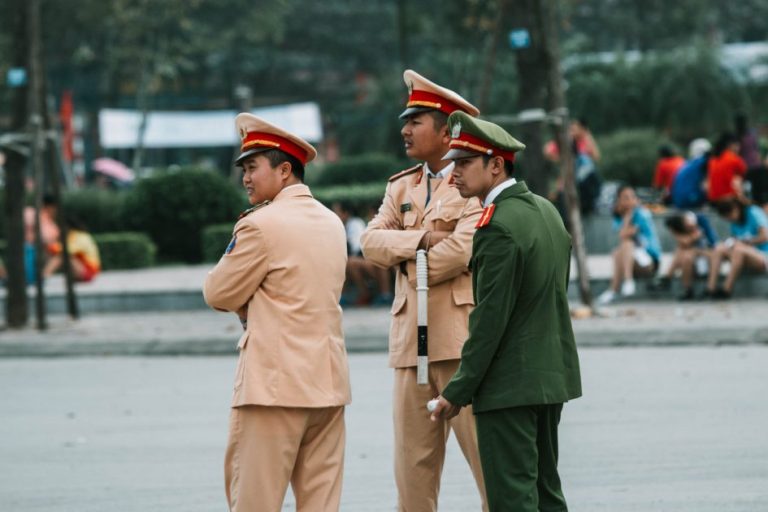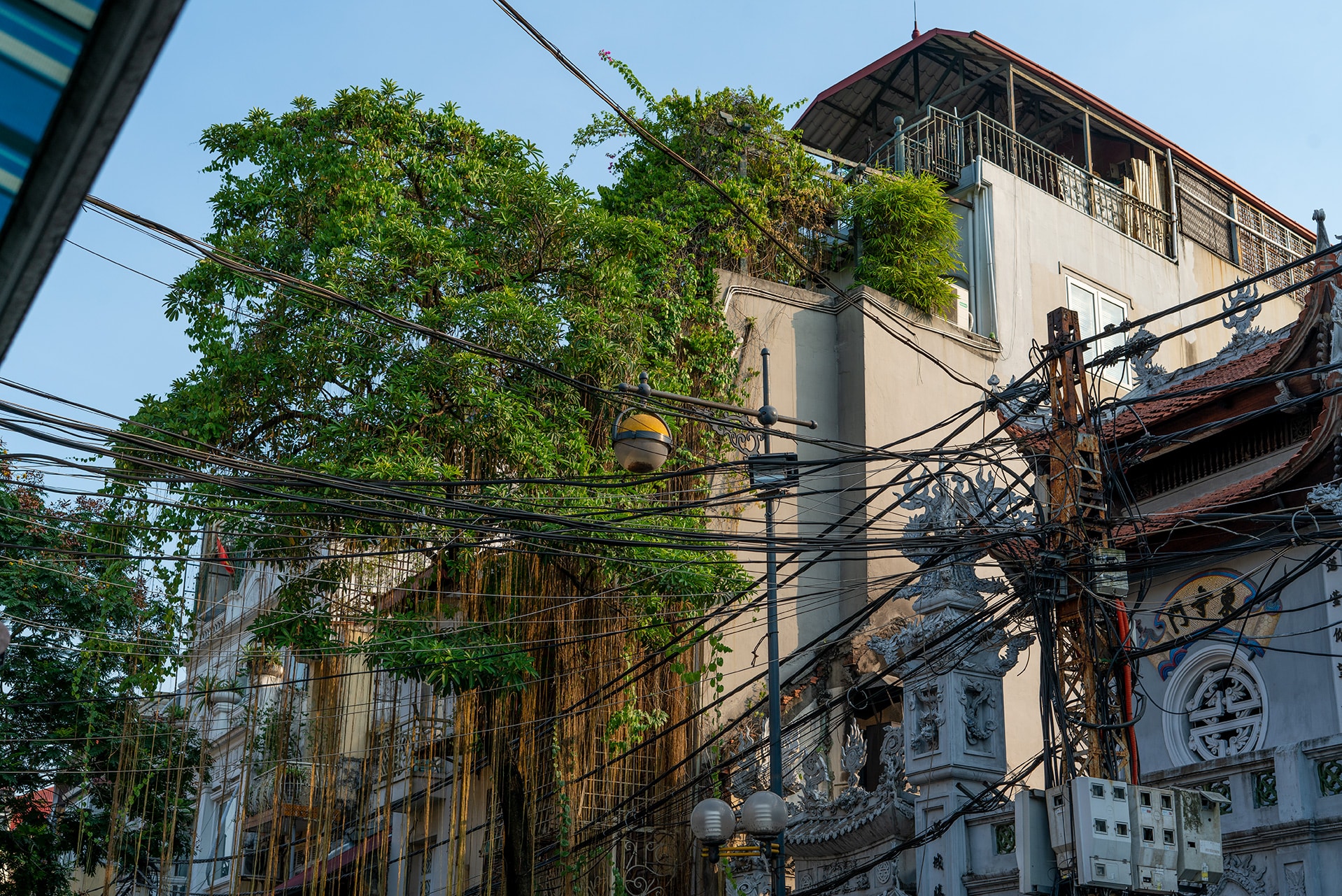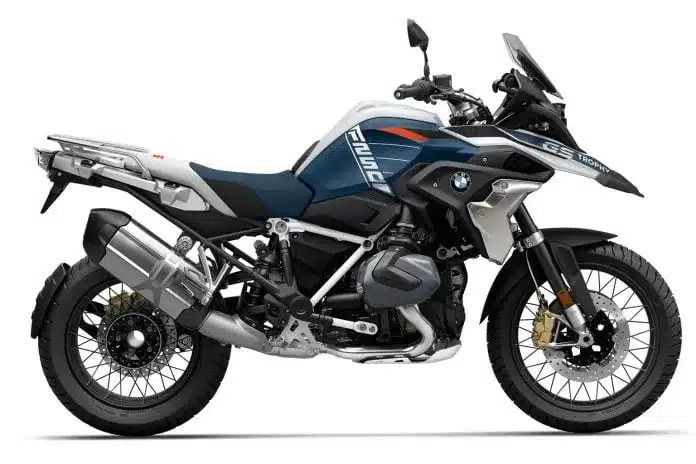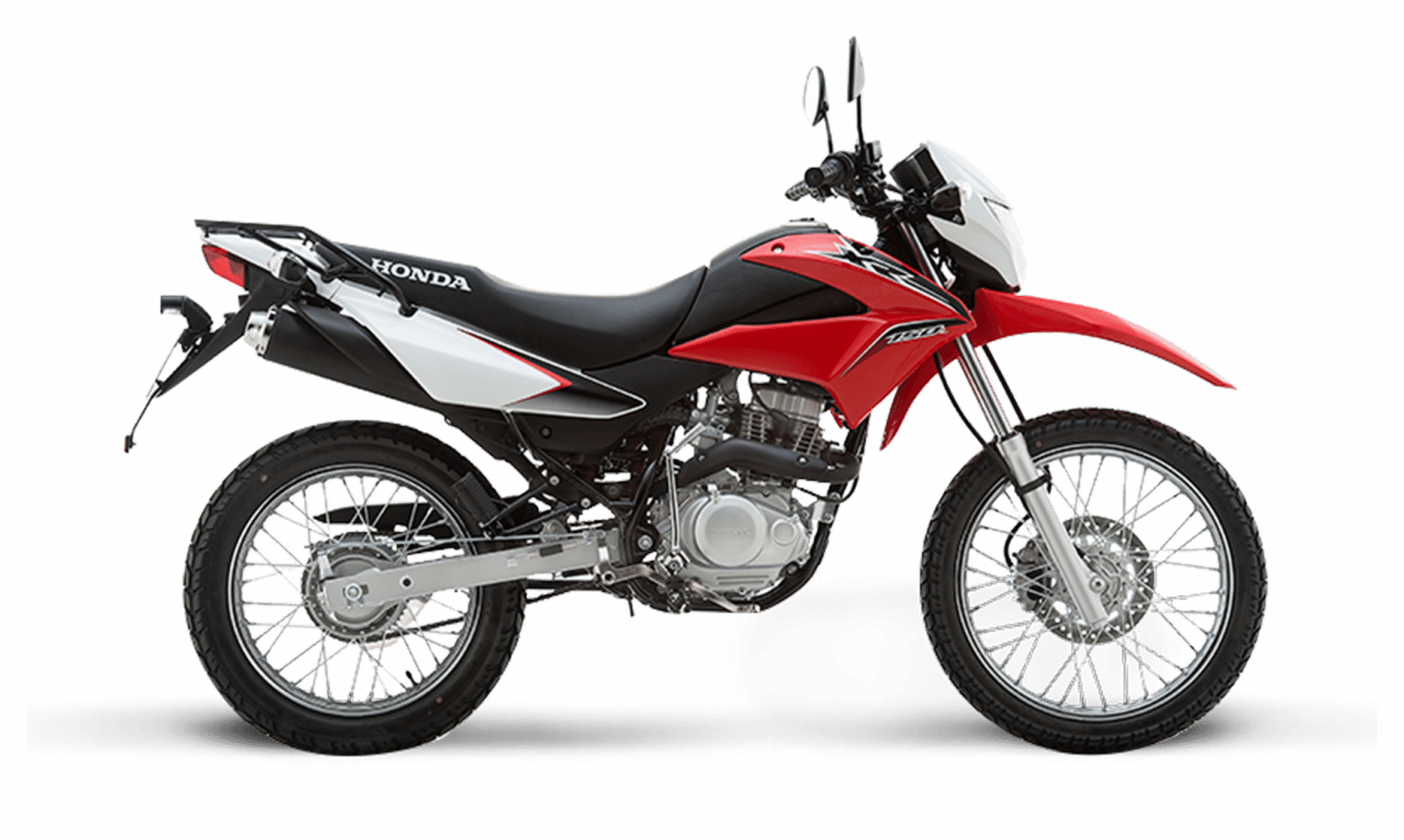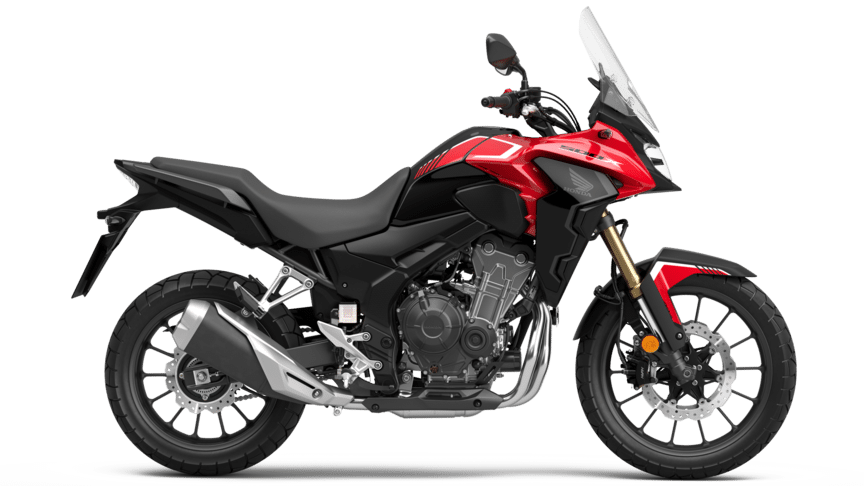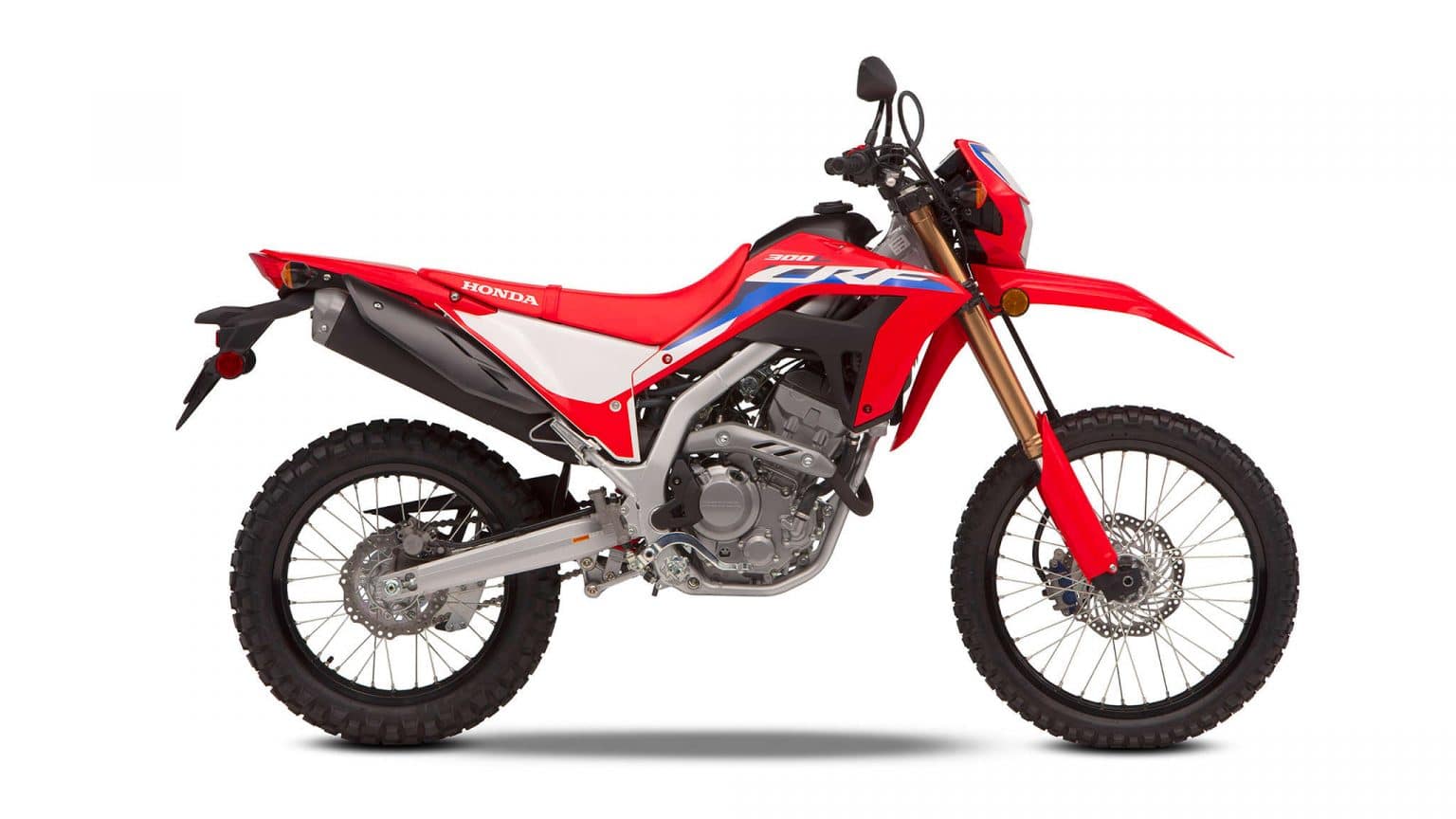How to Find an Apartment in Hanoi
Thinking of moving to Hanoi? This article’s all about giving you enough information to choose the right apartment for you, and avoid a few of the most common mistakes. While it’s focused mainly on Hanoi (be sure to check out our guide on where to live in Hanoi if it’s your city of choice), it should be relevant to any of Vietnam’s larger cities.
NOTE: This article suggests you take care of unscrupulous landlords and does not infer that vietnamese landlords are not to be trusted. There are many good landlords out there, as well as not so good ones, like in any country and we are simply saying ‘Be careful. Do some research first.’
The Different Types of Apartment in Hanoi
Many expats prefer to live alone or with a friend or partner, which case they’ll go for a studio, one or two bedroom apartment. But you’ll see quite a few living in large shared houses, too.
These can be gorgeous, and are often owned by native Hanoians whose children have flown the nest and who are now looking to make some passive income while downsizing. These shared houses can be great if you decide to rent with a whole group of friends or are looking to meet new people. The only thing to be careful of is if your name’s on the contract and one of your housemates decides to move, it may well be you who has to find a new tenant and/or cover the rent whilst that room is vacant.
How Much Does Renting an Apartment in Hanoi Cost?
Considering how cheap Hanoi can be in some respects (noodles for a dollar or two, the cheapest beer in the world!) it can be pretty surprising how much property costs here. It’s said that there are parts of Hanoi, particularly in the Old Quarter (Hoan Kiem), where property costs more per square metre than parts of London’s Mayfair. This is especially surprising considering the huge difference in build quality between the two locations.
Basically, a room in a decent shared house will cost you somewhere between $125 and $250. A studio or one bedroom might be $250 to $500, and if you decide to share a two or three bedroom apartment you’ll pay about $200 to $300 each. Rent tends to be paid in advance, one to three months at a time and Internet and water fees are almost always included. Electricity, naturally, isn’t.
Of course, if you’ve got money to burn the sky’s the limit. There are plenty of modern skyscrapers with pools, gyms, great views of the city and all the rest, that can cost anything upwards of $1,000 for a single bed unit. But, since most expats here are ESL teachers and digital nomads, this article will focus mainly on places in a slightly lower bracket.
Tip 1 - Decide What You Want
So you want to find an apartment in Hanoi. Do you want a shared house? A studio? A two bedroom? Like in any other city, the best living situation for you is going to depend on your personality and your circumstances. Remember, traffic here can be pretty hectic so you’ll want to choose somewhere not too far from your workplace and your friends, if possible. Check out our guides on the areas of Hanoi and the cost of living if you’d like some more info.
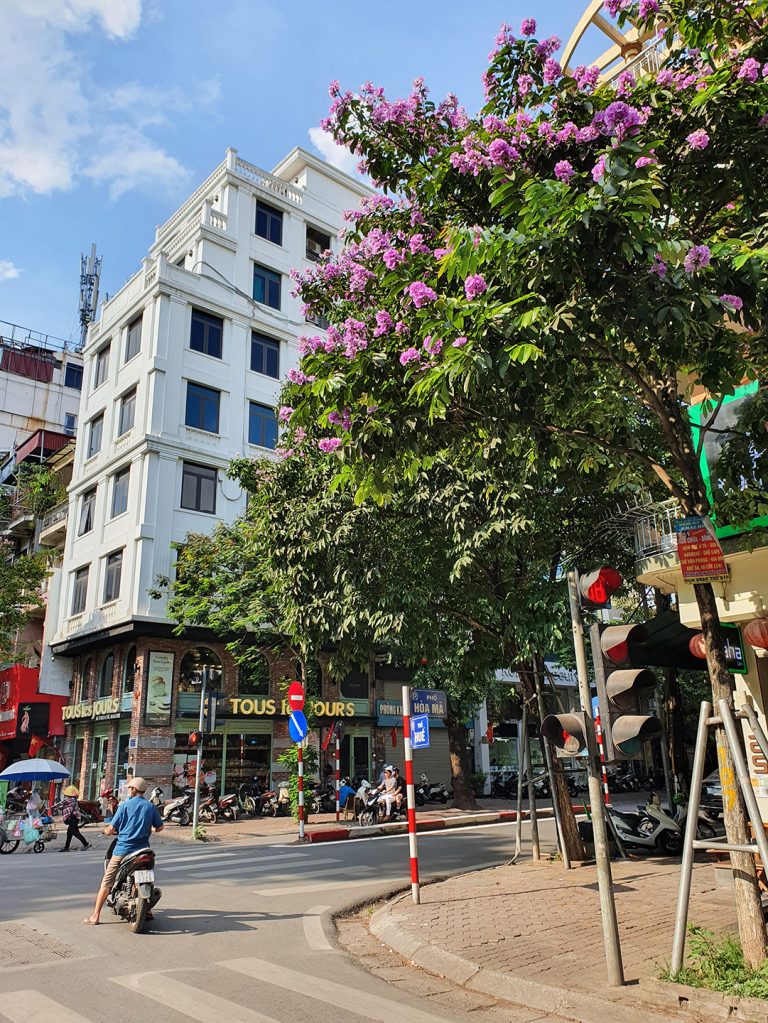
Tip 2 - Go Through the Right Channels
Unlike in, say, Korea and Japan, very few language centres or workplaces will provide accommodation as part of their employment packages. However, it is possible that your employer will house you in a hotel for a few short weeks whilst you look around. If you are employed by a big company or an NGO your situation may be different and you may get some assistance. You will also most likely have some access to colleagues who have been through this and can help you out.
Be wary of any language centre owners or colleagues who offer to help you find an apartment in Hanoi as they may actually at best be trying to help out their friend, the landlord, or seeking to collect a commission for the introduction.
If you can research on your own, it is much better to do so. There are plenty of Facebook groups that you can use, which have been created exactly for this and, of course, you can easily search through listings on agent’s sites.
Tip 3 - Be Careful of Agents
It stands to reason that many locals looking to rent their properties will opt to use an agent: the language barrier for one, as well as not knowing where to advertise or what to do in case of a dispute. The problem is, the rental market in Vietnam is far less well regulated that it is in other countries so if problems do arise, whether with your landlord or with your agent, you are unlikely to have any recourse at all.
If you do choose and agent, make sure it is a reputable one such as Vietlong Housing. You will then not experience the problems we list here.
A local buddy of mine owns a few apartments here, and tells stories of how he’s photographed his apartments and advertised them on Facebook, then he has seen those same apartments reposted on different Facebook groups at a 20 or even 50 % mark up the next day! Obviously, someone out there is looking to sublet these apartments to anyone who is willing to pay the higher rent. There are a whole host of terrible tales about landlords here as there also are about those in other cities and countries.
Generally, you are likely to be best off renting your apartment directly from the owner as it should be cheaper and you have a direct line to the person who can help with any issues that crop up. Even if your landlord cannot speak to you in English, he or she will likely have a son, daughter, niece or nephew (or Google Translate) that can help out. This does leave you at their mercy in some sense but often this is no less than with a shoddy agent.
Tip 4 - Beware Inflated Electricity Fees
Make sure that your contract states clearly the rate you will pay for electricity. If possible, make sure that your apartment has its own meter so that you can be sure you only pay for the units that you use. Also, test this by turning off ALL electricity and then checking the meter to see if it is still running.
Basically, the local price for residential electricity is quite low, but for rented accommodation it is charged at a higher business rate that is determined by the type of place that you are renting and the area in which you live. You should end up paying between 3,500vnd and 4,000vnd per kilowatt hour. If it is more, there could well be something wrong.
The best case scenario is to have your own meter and a monthly bill which either you or your landlord can pay. This way everything it crystal clear.
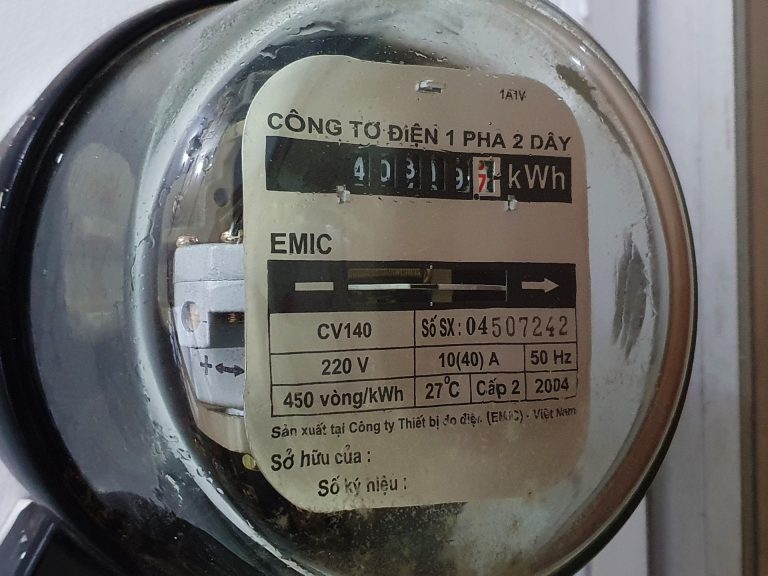
Tip 5 - Try to Avoid Construction
Vietnam is growing. Hanoi is growing. It’s great for the economy but it also means that there is construction everywhere. If it is not the dust and muck that bothers you it will definitely be the noise.
A friend recently rented an apartment high up in an apartment with a fantastic view over West Lake towards the Ba Vi mountains. He signed a two year contract, and shortly after moving in construction began on another block, right next door. The result: construction noise 24/7 and the imminent death of his beautiful view.
Naturally, it can be very difficult to tell but when you go to view your apartment, try to look around for signs of any upcoming construction projects when you’re trying to find an apartment in Hanoi. You could be very glad that you did!
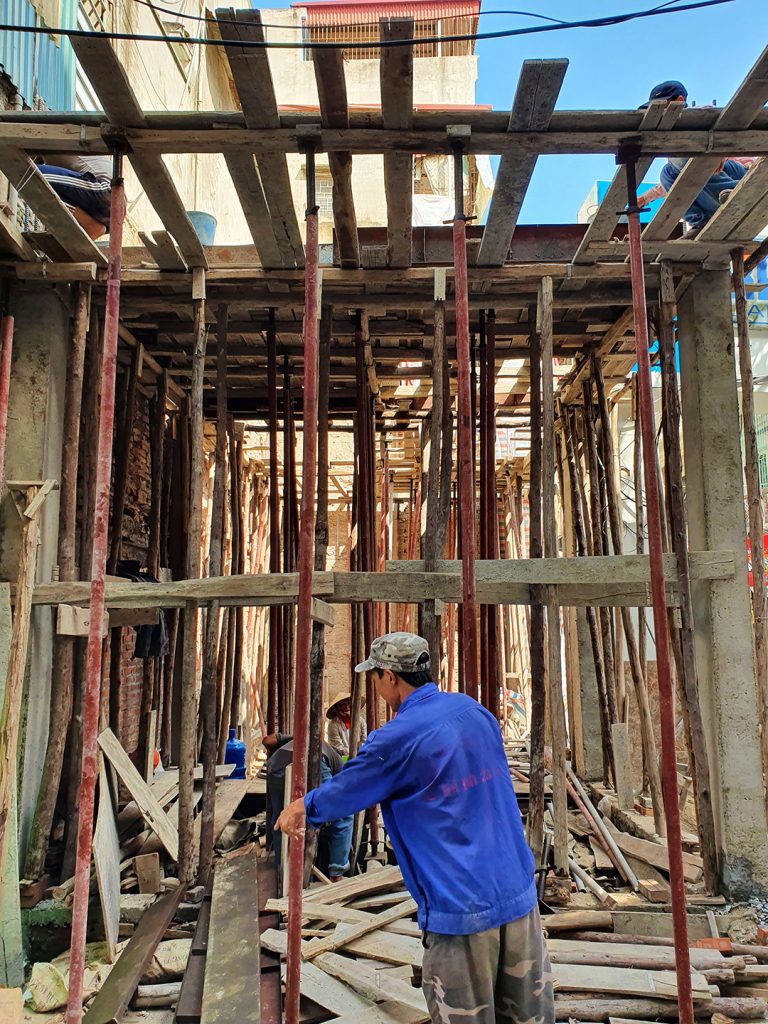
Tip 6 - Check your Apartment Before Moving in
Things move slowly in Hanoi. Sometimes, frustratingly so. Any issues in your apartment are not likely to be solved very quickly once you have moved in. Therefore, it is wise to check everything before moving in and demanding anything that needs to be fixed is. You have much more chance of things happening if this is the scenario. Here are a few ideas:
- Appliances: check they all work as they should.
- Lights: Is your apartment bright enough? Hanoi’s densely populated so many apartments don’t get much natural light. If yours doesn’t, make sure it’s lit brightly enough.
- Mould: this is a big one. Vietnam’s a humid country so mould infestations can spread quickly. A little of it’s normal, especially in less expensive places, but make sure it’s sorted before you move in.
- Noise: Is the apartment in an alley? Is it on the first or the sixth floor? Usually, the closer you are to the ground, the noisier it’s gonna be.
- Hot water: Does your kitchen have hot water? What about your washing machine? These are not standard here, so figure out how important they are to you. Again, the pricier the apartment, the more likely it is to have these amenities.
- Parking: Let’s face it, you’re probably going to get a motorbike. Check your apartment has a secure place to store it. The street and a lock just isn’t good enough.
Tip 7 - Negotiate Hard and Trust your Gut
This is Vietnam: there is always room for negotiation so don’t be shy. If you seem responsible and are going to be renting for a decent length of time, in most cases you should be able to bargain your way to some sort of reduction in rent.
Most landlords and ladies are cool, so try to trust your gut. Look for the tell tale signs of a genuine person. It is important to have a good relationship with them, especially when it come to getting things fixed, and getting your deposit returned.
Speaking of deposits, most places will ask for one month’s deposit, to be returned when you move out and all bills/breakages are paid. Obviously, not paying any deposit seems ideal but they are usually required. Warning: any landlord willing to rent without a deposit is likely to be one that you do not want to deal with. They will often be the type that is unwilling to help with repairs and may evict you at a moment’s notice.
Most landlords will also ask for at least one month’s rent in advance and very often 3 month’s. This is another opportunity to negotiate. The longer you are willing to pay in advance, the greater the discount you can suggest.
Another potential situation that you can break out ‘The Art of the Deal’ is when you are up for contract renewal. If you are staying long term and do not cause much difficulty for the landlord, why should they request an increase in rent. Every month their building is vacant loses them around 8% in rental income.
Tip 8 - Get Registered with the Police
Just like when you check in to a hotel/hostel/homestay in Vietnam, moving in to a house means you need to register your whereabouts with the local police. The argument is that this is for your own safety and is for both locals and non-locals alike.
This is not actually your responsibility but it can have negative repercussions for you or your place of work, therefore, press your landlord to get this done. It is cheap and you do not need to pay for it. The landlord runs the risk of a heavy fine if you are not registered but you might catch some unwanted flack.
You just need to provide a copy of your passport photo page and your visa. Your landlord or even the agent if need be can go and get this done. It is easy, inexpensive and fast so don’t be told otherwise.
